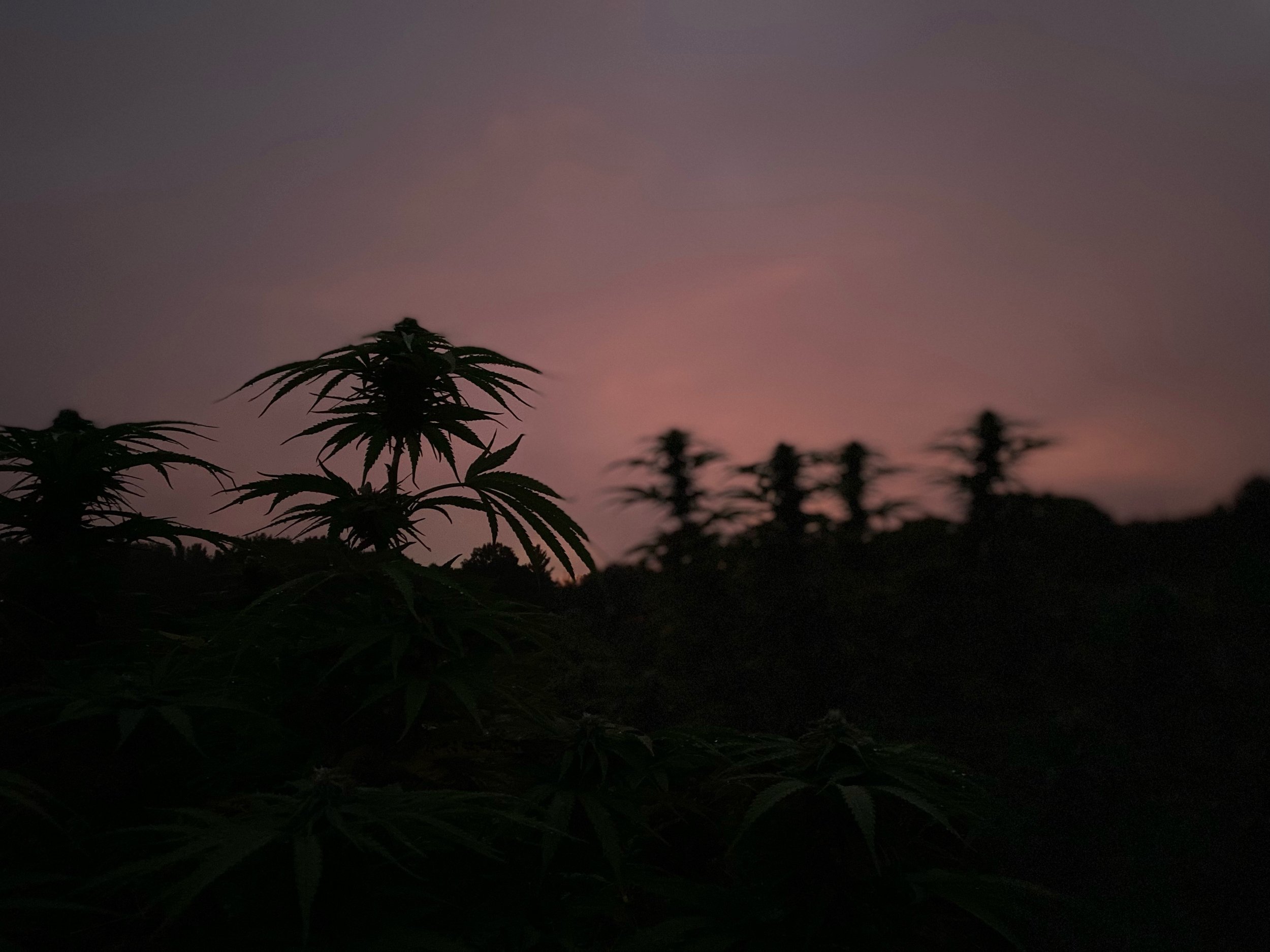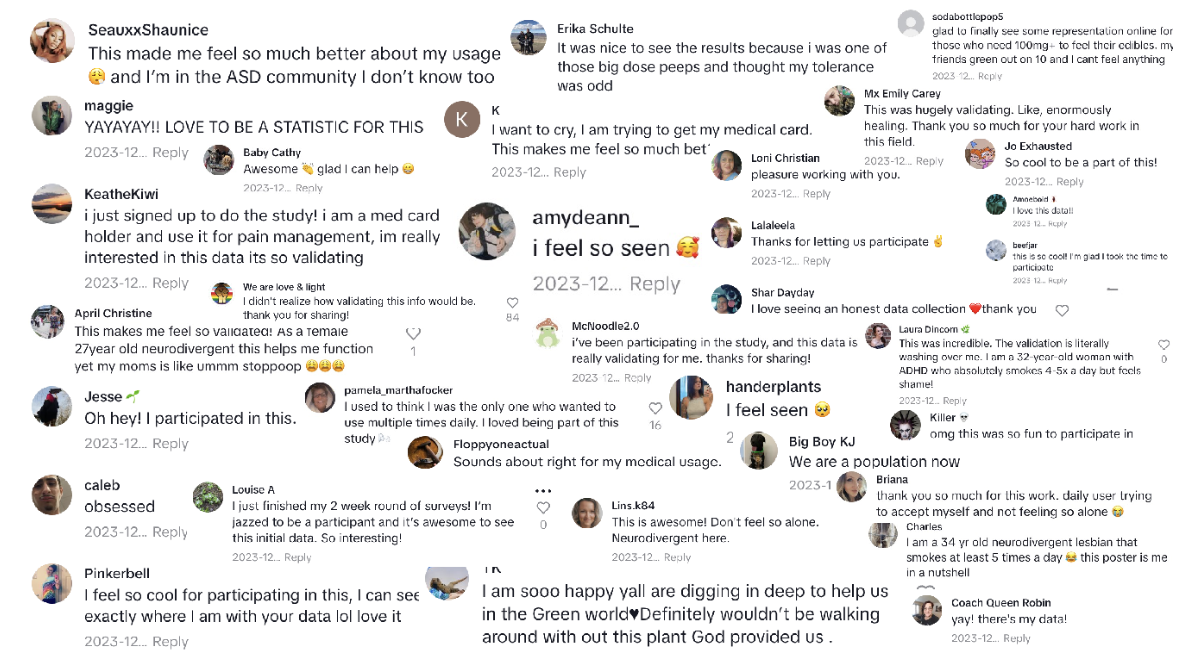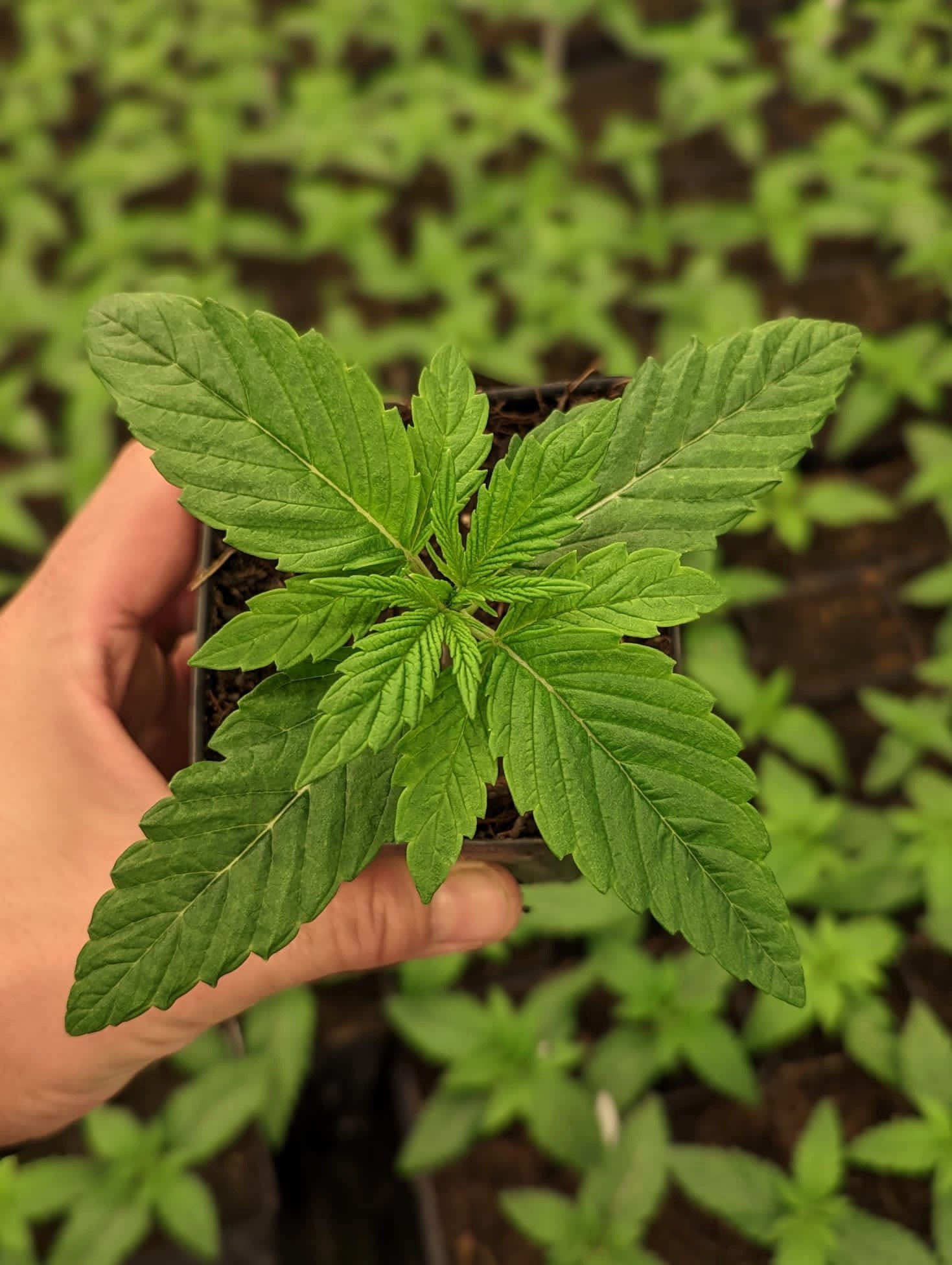Filling the Gap in Consumer Research with Dr. Riley Kirk and The Network of Applied Pharmacognosy
Part Three of a Three Part Series by Isabella DeChard for Fat Nugs Magazine
Highlighting this evident gap in information and knowledge around cannabis plant science and its health benefits is exactly the driving factor for one particular non-profit.
The Network of Applied Pharmacognosy (NAP) is a fiscally sponsored 501(c)3 non-profit connecting research in industry and academia with the cannabis consumer, bringing validity to lived experience with natural plant medicines.
The goal of the NAP is to learn directly from the experiences of cannabis consumers, identify the gaps in this knowledge, and then target those research areas for deeper insight and data through biochemical analysis.
Dr. Riley Kirk is a co-founder of the Network of Applied Pharmacognosy and a natural product chemistry expert. She is motivated to teach patients and stoners alike how to listen to their bodies, find the right medicine, and share those experiences for a butterfly effect of healing.
While organizations such as the National Institute on Drugs of Abuse (NIDA) have formed government-funded research trials on cannabis, there is still an inherent lack of trust and negative stigma towards the use of cannabis medicine in this published research.
“Our goal is to provide a combination of science-based knowledge with the lived experience of cannabis community members. These consumer experiences are not always validated by scientific studies or correctly advocated by those outside of the cannabis industry.”
“In cannabis, censorship has been a barricade for getting information out about proper dosing, product types, and consumption methods,” Dr. Riley Kirk explains this challenge in cannabis health and wellness and the NAP’s hopeful solution, “Our goal is to provide a combination of science-based knowledge with the lived experience of cannabis community members. These consumer experiences are not always validated by scientific studies or correctly advocated by those outside of the cannabis industry.” The NAP not only represents these cannabis users but allows them to have a voice in this research as well.
Furthermore, it is one of the core competencies of NAP to conduct research at a community level that communicates back to the participants. As a result, these studies further demonstrate the need for this information in our community, decrease the amount of guilt for being a daily cannabis user, and bring validity to cannabis as medicine.
Revolutionizing Cannabis Research & Uncovering New Insights
The organization’s most recent research accesses a group of wildly underrepresented people in scientific studies. The demographic for the first 5,000 participants was women who identified as neurodivergent and are mainly part of the LGBTQ+ community.
“The goal here was to keep this survey open to obtain longitudinal data and to reach a minimum of 10,000 participants before publishing the data for peer review,” says Dr. Kirk.
She and the team at NAP acquired data through social media platforms, event recruiting, and dispensary marketing while continuously expanding this demographic to capture the largest diversity of consumers possible. Dr. Riley says some of the questions in this survey unveiled that 16% of participants can’t feel edibles, and other relevant insights, all to increase the quality and accessibility of medicine. Yet, like many leaders in this industry, Dr. Kirk and her team were met with polarizing pushback and support on this specific research.
“The Network of Applied Pharmacognosy is disrupting systems, whether that be traditional academic systems, systems of medicine and healthcare, or systems of oppression for underrepresented individuals. To me, the opposing feedback received from this current study is an indication that we are doing something positive and different for our community, and it is much needed.”
Positive feedback from those who were involved in the NAP’s research or simply educated from its findings has found validation and recognition in their consumption purpose. This science from NAP acts as advocacy, showing cannabis is a valid medicine whether you microdose 1 edible a month or dab 15 times per day.
Now, we should look to our communities for mentors, teachers, and new consumers to identify research gaps that can provide high-quality, accessible medicine to all.”
There is an inherent lack of trust associated with typical medical research paradigms. NAP believes that removing the judgment from cannabis, treating it as a medicine, and highlighting under-represented populations will further the industry and allow more research on these topics that have been prohibited for decades.
NAP is here to push the boundaries of plant medicine and cannabis research, including all communities and consumers in the entire analysis and process.
Optimizing All Aspects of Cannabis for Better Wellness
Cannabis is not only the key that grants access to a natural path toward wellness, it’s a validating tool we can all relate to when it comes to providing the relief and support we seek.
“From the moment they open the package there is the aroma, there are the physical characteristics of the plant, and of course the kind of high you get; we’re interested in going deeper than just indica or sativa,” EOS Farms’ Cultivator Ryan Montella shares the cultivation’s excitement for expanding its cannabis genetics.
Innovative thought leaders, brands, and insightful research will be a driving factor in how consumers stay in touch with cannabis wellness. However, the crux of this rise in plant medicine will forever lie in accessibility, dependability, and responsibility – all of which are key initiatives for EOS Farms and its quality, outdoor-grown cannabis.






